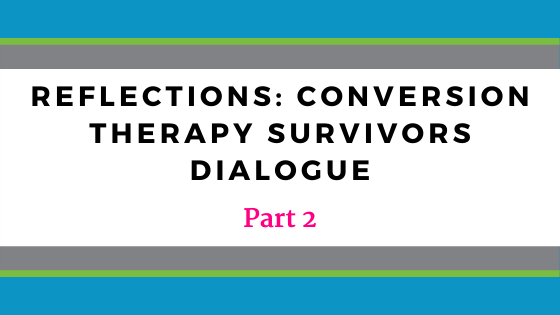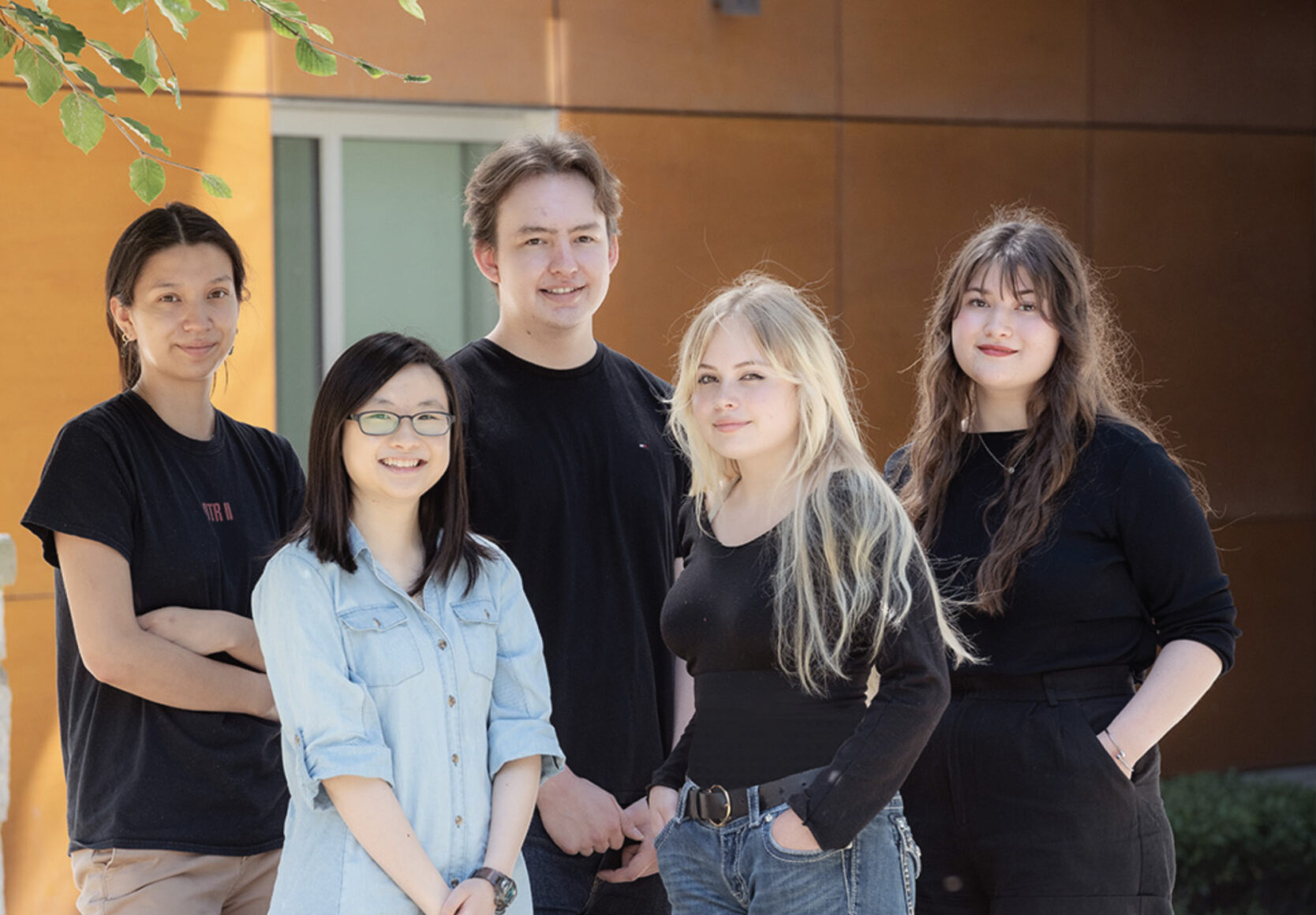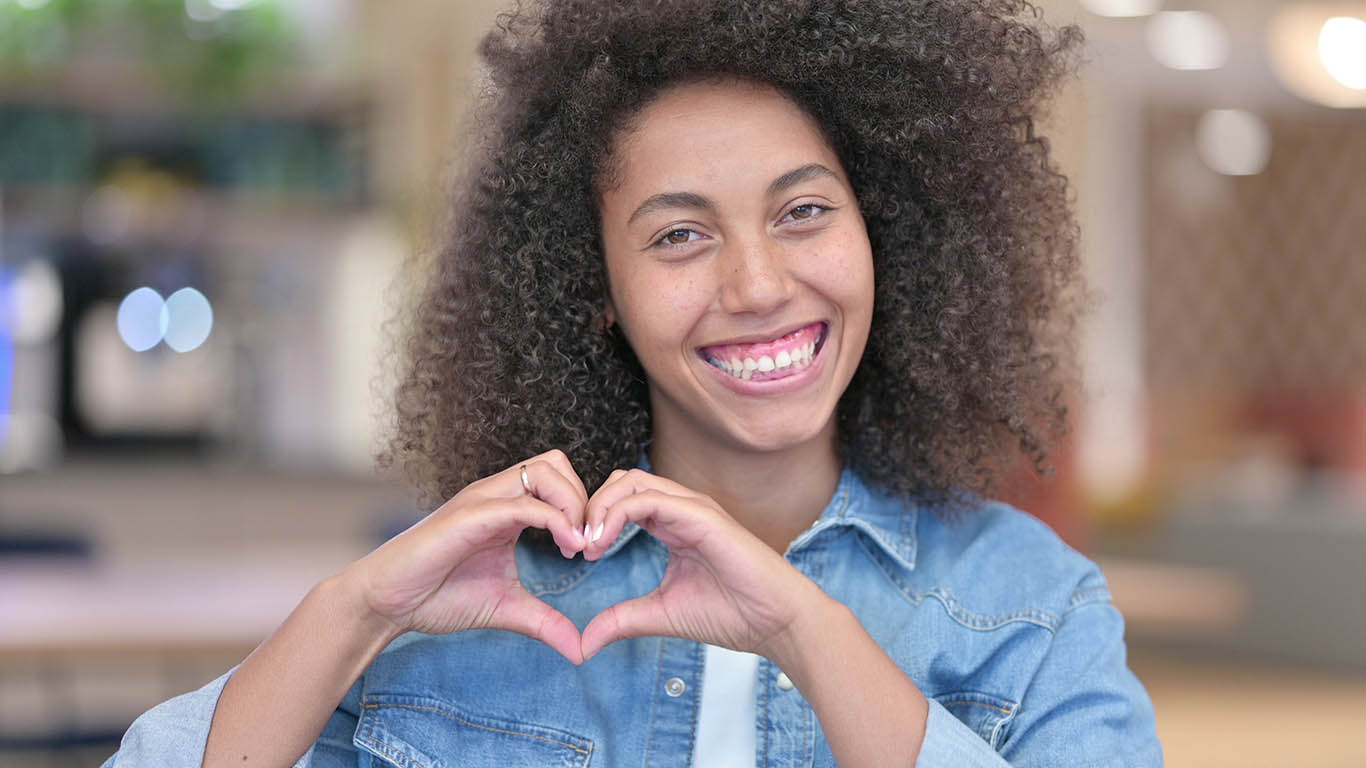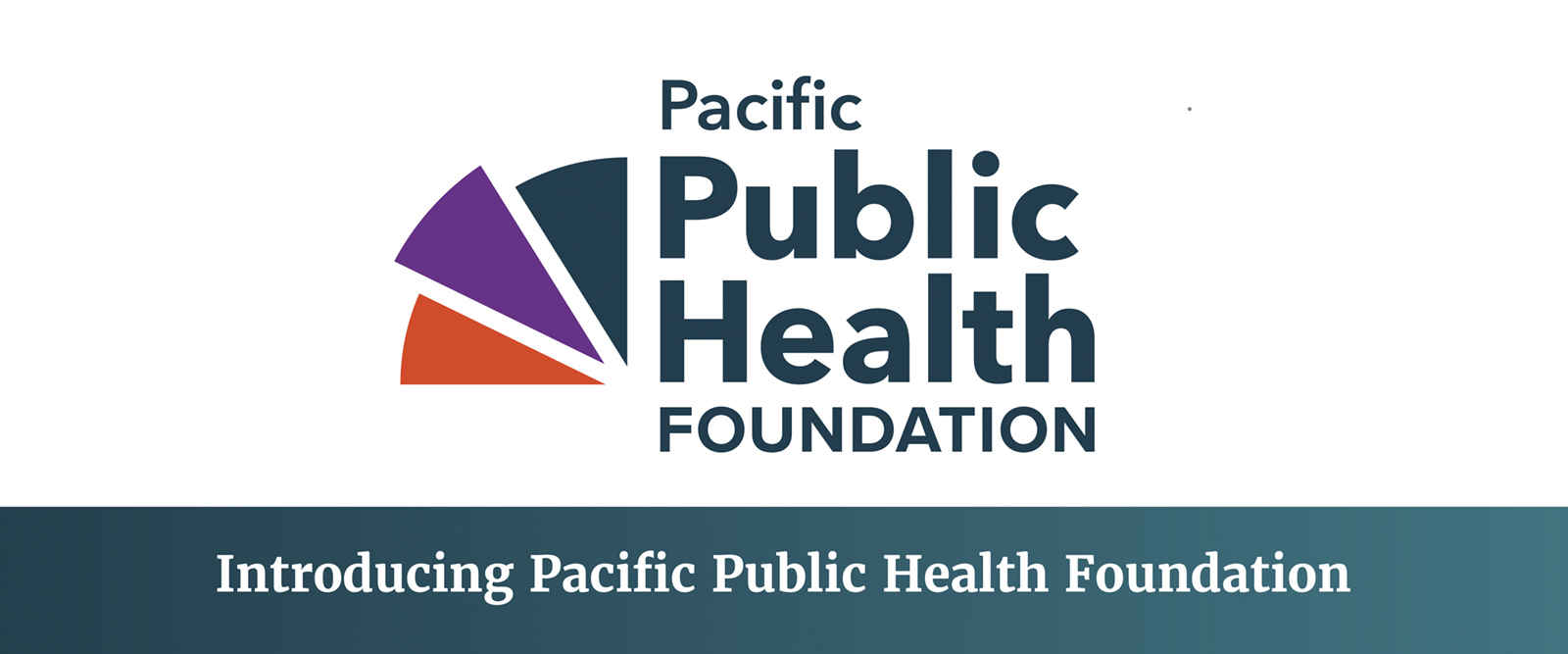Read through part 1 of this series for Katie’s reflections and key takeaways from attending a conversion therapy survivors dialogue event.
What does conversion therapy have to do with public health? Public health is about preventing disease and injury, promoting health, ensuring that everyone has the same opportunities to achieve their optimal health (health equity), and the recognition that social factors do have an impact on our health outcomes over our lifespan (or, social determinants of health).
Members of LGBTQ2S+ communities already face health disparities ranging from disproportionate rates of HIV to higher rates of mental health and substance use challenges. Conversion therapy deliberately targets members of these communities, further exacerbating the health inequities they face as a population, and compounding their negative health outcomes. For example, a gay man who is HIV positive, who has also experienced conversion therapy will face a host of compounding inequities that will impact his health over his lifetime. To generalize, it will be harder for him to access appropriate health supports and improve his health than for a heterosexual man who hasn’t been through conversion therapy, or who doesn’t have HIV.
Or, consider a trans woman of colour who experiences poverty, perhaps because she was forced to leave her home at a young age when she came out to her family, and subsequently lived through conversion therapy. Here, her social determinants of health like her race, income, housing status, and gender identity are all factors that impact the healthcare she receives, and put her at risk of poorer health. One of the purposes of public health is to identify and address those disparities and inequities. Public health allows us to take those individual stories and experiences of trauma and address them at a systemic level, doing more good for more people. Instead of just improving health for one person, we can do it for populations.
So, there’s hope. There are people right here in BC and across North America fighting for change, fighting to protect future LGBTQ2S youth and adults from being subjected to these practices, working to ensure that future generations don’t face these same kind of systemic or institutional inequities. For those who have already lived through it, we want to best support them.
We need to know what support survivors need, where they need it, and how we can get it to them. This may sound obvious but a few ideas that were considered on Saturday were the need for peer supports, so survivors feel comfortable with their support worker and aren’t re-victimized by having to engage with a healthcare provider. And, considering the impacts of colonization and racism on Two-Spirit survivors, and examining the role that residential schools played in conversion therapy. What about new comers to Canada who may have experienced conversion therapy in their home countries? What services are they already accessing when they arrive here, how can help be offered to them in a place they already are and in a way that’s both culturally relevant and safe?
These questions haven’t been formally asked in relation to conversion therapy before. We don’t even know what questions to ask necessarily. At the event, I posed a question to my small working-group: “is there any formal training in school for psychologists, counselors, or physicians in how to help survivors of conversion therapy?” Silence. One of my group mates, an academic who is working in this area, eventually said “no, it’s mentioned that it’s happening but not how to meet the needs of patients who have experienced it”.
This is why the Foundation is running its campaign. These questions have to be answered. Survivors and all LGBTQ2S+ people deserve the opportunity to access and achieve their best health. I know that because of my privilege, I’m afforded more of those opportunities—why should anyone else be denied that? Please, join me in making that possible. Make a gift to support the health of survivors, and action to make sure future generations never have to experience it.
You can also help by sharing this post on social media and tagging us @bccdcfoundation, and by following us on Facebook, Twitter, and Instagram.



